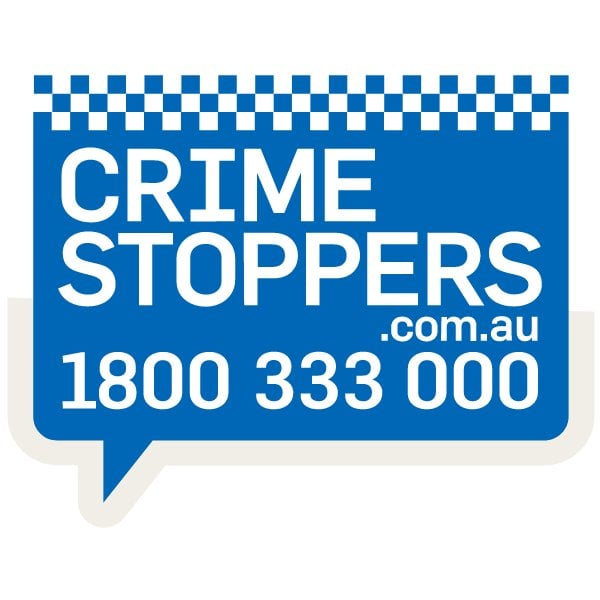

A child found living in a house where cannabis plants were being cultivated.
A man arrested and 10kg of methamphetamine (commonly known as ice) seized.
A police officer saved from a brutal beating by a drug-affected person.
These are just a few of the thousands of crimes solved courtesy of tip-offs to Crime Stoppers.
The organisation is part of the global Crime Stoppers network, which was founded in the USA in 1976 and now has offshoots around the world, including across Australia.
It operates with a simple goal: to help stop, solve and prevent crime.
To do this, it appeals to members of the public to provide information in confidence about crimes or suspicious activity happening in their community. That information is then passed on to police for investigation.
Speaking to Mamamia, Crime Stoppers board member, Jenny*, said that a team of up to 150 call-takers at Crime Stoppers NSW work 24 hours a day, 365 days a year, fielding tips from the public. Those tips run the gamut from drug crime, to missing persons, and online scams.
“Across Australia, Crime Stoppers takes a call about every 60 seconds,” Jenny said. “There are 1600 reports a day from people in NSW alone, or close to 10,000 a month.”